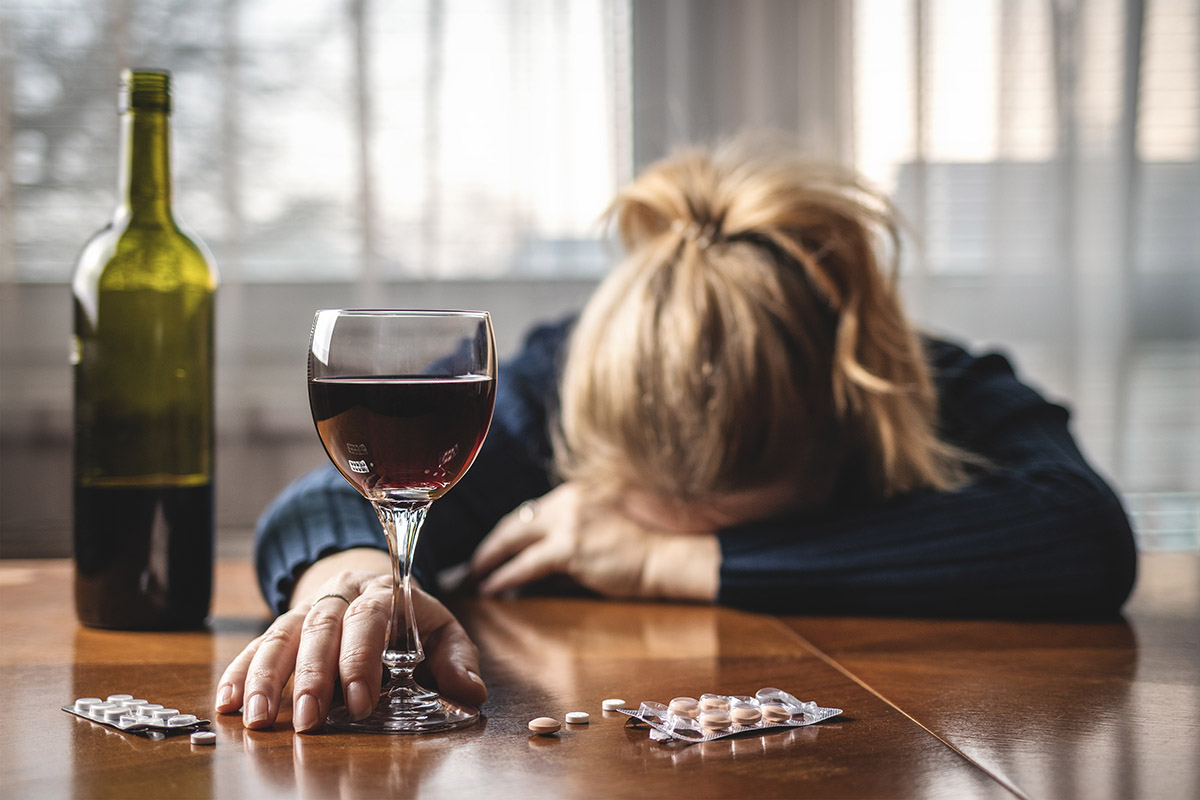

By: Lakeview Health
Recovery from Drug and Alcohol Addiction
The journey through drug and alcohol addiction is full of twists and turns. Unfortunately, some of these twists and turns can result in relapse. Fortunately, there are many ways to be proactive when it comes to relapse; one of which being education. It may seem as though relapse occurs when a physical use of a substance is used again, however, this is not the case. Many times, relapse happens before the consumption back to the point of actively seeking out the substance. Once they have physically taken that drink or consumed those drugs, relapse tends to spiral out of control. In many such cases, the individual’s substance abuse will be even worse than before.
This is why recognizing the indicators or relapse in drug and alcohol addiction is so important.
Signs of Relapse in Drug and Alcohol Addiction
There are many different indications that someone with drug and alcohol addiction has relapsed even before they have returned to using a substance. Once you know what to look for, these signs of mental relapse can be easy to spot. Among the signs are:
- They often complain that they are bored or that they are dissatisfied with life
- They exhibit symptoms of depression
- They are not eating healthily, they are not eating regularly, or they are eating too much or too little
- They have insomnia, or their sleep patterns are unusual
- They are not getting enough physical exercise, or they have become obsessed with it
- They have stopped attending recovery meetings or have stopped participating when they do attend
- They are isolating themselves from friends, family, and other supporters
- They seem emotionally distant or despondent
- They have stopped participating socially, and do not have any hobbies or interests
- They are quick to anger or easily irritated
- They spend time with people who have maintained their drugs and alcohol addiction
- They routinely announce grandiose, unrealistic plans
These are only a few of the warning signs that relapsing sufferers of drug and alcohol addiction exhibit. If someone you care about is behaving in any of these or other worrying ways, consider reaching out to a healthcare professional.
Handling Relapse
Relapse in drug and alcohol addiction happens. The important thing is how one responds to a relapse. It can mean the difference between saving a life and losing one. In cases where the relapse is not too bad, a person may be able to get back on track fairly quickly. Going to twelve-step meetings and reconnecting with their sober support network is a good start. When a severe or extended relapse occurs, an individual should enroll in a drug and alcohol addiction treatment program. A medical detox program and addiction treatment center can help the suffering individual get their life and sobriety back on track.
But the best way to prevent relapse is to recognize the behaviors that precede one. Relapse prevention is required to achieve long-term sobriety. And when you learn to recognize the signs, there is a better chance of living a life free from addiction.
Contact Lakeview Health Today
Drug and alcohol addiction does not have to be the end of your story. The best tools that you have when handling relapse in drug and alcohol addiction are education and support. By contacting the drug and alcohol addiction treatment program at Lakeview Health, you can get a definition of relapse and learn more about relapse indicators. And you can lay the groundwork for a healthy, happy life for someone you care about. Reach out to Lakeview Health today by calling [Direct]. When relapse in drug and alcohol addiction occurs, we’ll be here to help.





